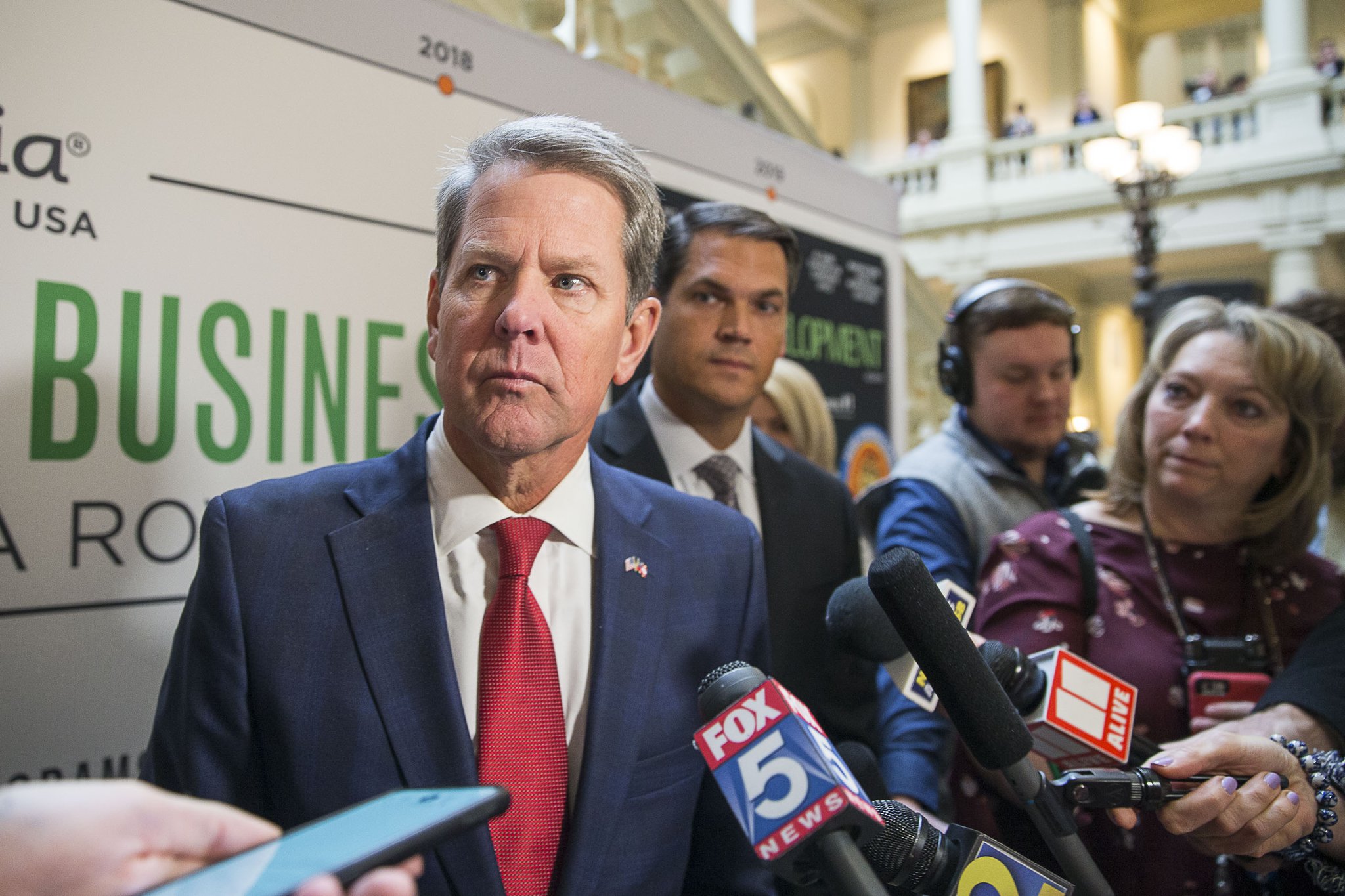Atlanta Georgian small pharmacy owners are upset with Governor Brian Kemp for his decision to veto legislation this week that would have corrected a condition that had put them at a competitive disadvantage with national chains. Senate Bill 198, passed by the state House and Senate with just one “no” vote, would have mandated that independent pharmacies filling prescriptions be reimbursed by the State Health Benefit Plan (SHBP) for teachers and other state employees at a rate no less than the average reimbursement given to chain pharmacies.
In the worst case, atorvastatin, a cholesterol-lowering medication sold under the trade name Lipitor, is being reimbursed by drugstore chains at a rate 2,000% greater than independent pharmacies receive for the identical medication.
According to a chart created by CVS Caremark, which handles pharmacy benefit services for the SHBP, Bell’s Family Pharmacy in Jasper, which closed its doors in February, was being reimbursed just $1.90 for a 90-day supply of Lipitor, while the three closest chain pharmacies were receiving $46.87.
Owning two small pharmacies in Nahunta and Blackshear, Denise Bennett remarked, “You can’t stay in business for $1.90.” This approach is forcing many pharmacies to close. Just terrible.

In fact, independent pharmacies have shuttered in Cornelia, Dunwoody, Suwanee, Fayetteville, Helen, Clarksville, Hartwell, Royston, Statesboro, and Waycross in recent years, alleging inadequate prescription reimbursement rates.
“These were folks that stayed open during COVID,” said Savannah state representative Ron Stephens, R, who ran an independent drugstore until he sold it in 2016. Sometimes, they provided the only medical care available in the community.
Kemp included budget projections in his veto message that indicated the bill would cost the state Department of Community Health (DCH) between $11 million and $45 million annually to implement—funds that the General Assembly did not allocate.
As an alternative, the governor stated, the fiscal 2025 state budget he approved this week contains one-time money for an independent pharmacist dispensing fee of $3 per prescription, which would rise to $11.50 for independent low-volume pharmacies filling Medicaid prescriptions. Additionally, he said, the budget instructs the DCH to use current monies for an actuarial analysis on SHBP independent pharmacy prescription drug reimbursements.
Kemp stated, “These budget items provide an appropriate, fiscally sound approach to supporting independent pharmacists this year while obtaining necessary information to aid the department in evaluating current and future management of the state’s pharmacy plan.”
Read More: Governor Landry’s Border Visit Sparks Urgent Policy Discussions!
Breaking News: Two Climbers Reported Missing on California’s Mount Whitney Are Found Dead!
Best Summer Offer: Oklahoma and Texas Will See Lower Prices at ALDI!
The dispensing charge, according to Stephens, might enable some independent pharmacies to remain open. He promised to make another effort for legislation that would level the playing field for independent pharmacists the following year.

